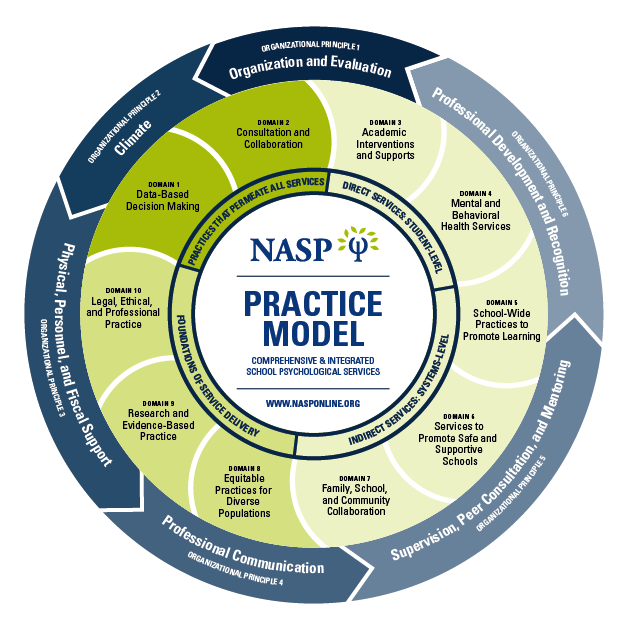Last week, we shared this quote with you in discussing the role of school counselors: “We appreciated all the speakers who spoke to the task force but were particularly struck by what the Magnolia State School Counselor Association leaders shared. They described the role and training of school counselors. School counselors are masters-level counselors who are eligible for (and often have) state licenses and/or national certifications. They are qualified to select, oversee and implement social-emotional curricula, provide short-term groups and individual interventions, do classroom consultations with teachers and help implement tier interventions for behavior. Yet, because there’s an overall shortage of counselors, they can’t do these things because they have to fulfill other duties.”
One of our readers highlighted that school psychologists often face a similar dilemma. They are highly trained clinicians who can provide a wide range of much-needed support in schools (as outlined in the infographic below). Still, school systems often relegate them to testing and other particular tasks.
We appreciate that the reader brought this to our attention. We believe this is an opportunity for the K-12 Mental Health Task Force to explore how school systems and administrators can more effectively use the skills of school counselors and psychologists.


